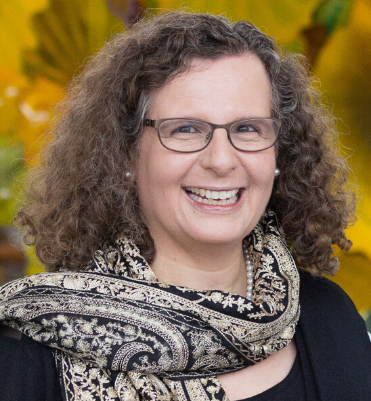Peer-to-Peer Advice for Newly Diagnosed Myeloma Patients
Peer-to-Peer Advice for Newly Diagnosed Myeloma Patients from Patient Empowerment Network on Vimeo.
Myeloma Network Manager Honora and Myeloma patient Barry stress the importance of finding a myeloma specialist as soon as possible, finding a support group, being comfortable with your healthcare team. Remaining hopeful and positive throughout your diagnosis is key.
Transcript:
Honora Miller
I’d like to point out the importance of finding a myeloma specialist as soon as possible in your myeloma journey. There have been studies done, I can’t point to the specifics of one at this moment, there have been studies done that have shown that myeloma patients who have a myeloma specialist have a better long-term outcome. When you get a myeloma specialist, they’re dealing, they’ve dealt with hundreds, perhaps thousands of myeloma patients, and because of the complexity and variation of the myeloma with the disease, really you need to have that level of knowledge. So that would be something that I would encourage somebody newly diagnosed to find, to be referred to a myeloma specialist, possibly not as their primary provider, but as a secondary guider of the process. I do have that. So, I have a second doctor who I meet with quarterly, say, who is at a different institution who guides my myeloma treatment, and he’s a myeloma specialist and he handled my stem cell transplant.
Barry Marcus
I think it’s very important to have a support group. Somebody who is newly diagnosed, I would counsel them to seek out a support group now it’s hard in the time of COVID, the support group that I was in, quit meeting because of it. I’m right now in the process of trying to find another one that meets virtually, and I would highly recommend that it feels good to connect with people who are going through the same things that you are, and maybe get varied perspectives on different issues around myeloma.
I really want to emphasize how important it is to get information and to feel comfortable with your health team and the care that you’re getting and pursue that. Don’t feel like you’re worried about offending anybody, because in the first place, probably you’re not. In the second place, it’s your life. If you die, they go on to the next patient. And you’re done.
Honora Miller
True enough. True enough. For new patients, and I’ve talked to quite a few, having hope is something that is very important and having a positive outlook, and when you get this sudden diagnosis, it’s very scary and overwhelming. But I want to encourage people to remain hopeful, to stay positive, this is an as yet incurable cancer, but it’s being treated more and more like a chronic disease, and there’s never been a time as good as now in terms of the number of treatment options and new drugs that are coming down the pipeline, so it’s a time of great hope for myeloma, and I want to emphasize that for people because I do think that it’s important for people to hold on to that.
Barry Marcus
I couldn’t agree more. That’s well said.




